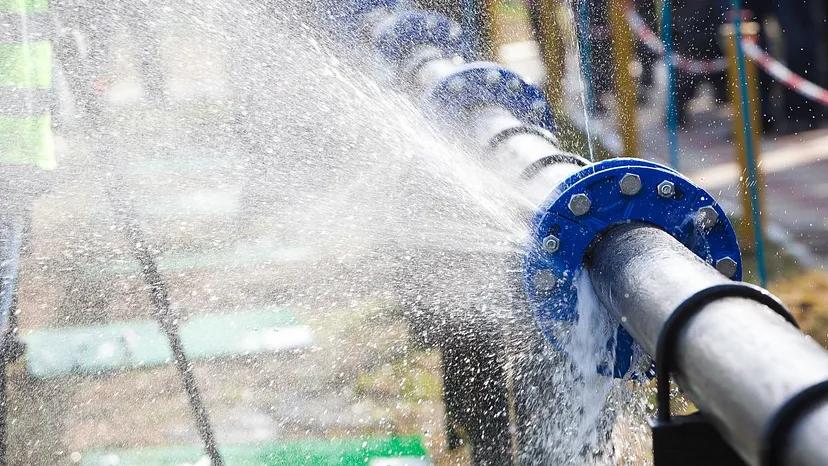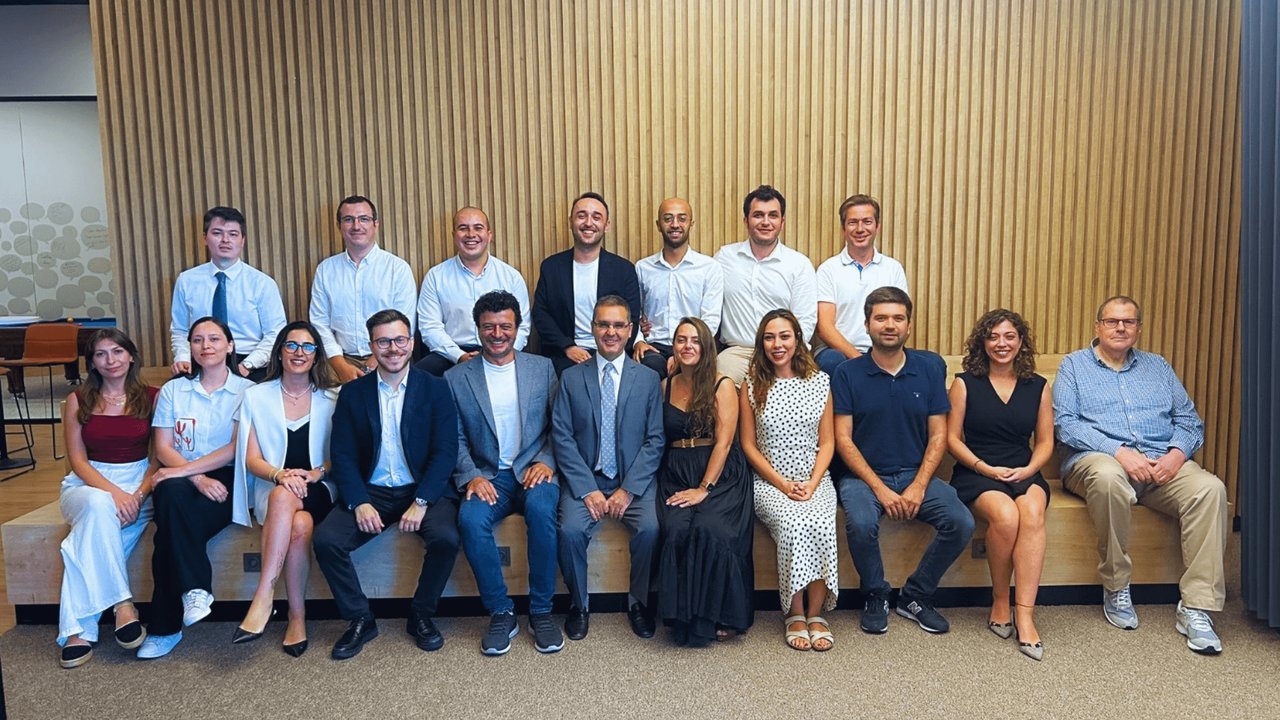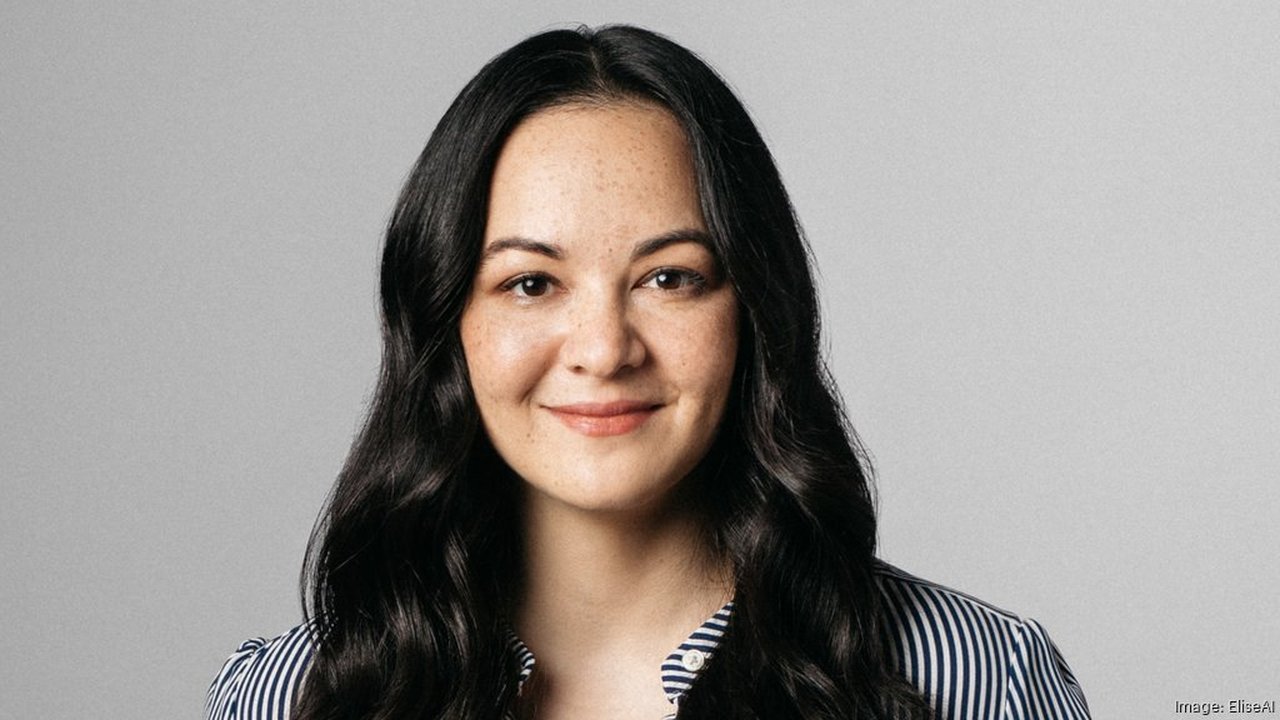Wint is an Israeli startup developing leak detection technology using artificial intelligence to prevent water damage. It said in a statement. It has received $35 million in investment from investors including Inven Capital, a European climate technology fund, and New York-based private equity firm Insight Partners. A statement from the Rosh Ha'ayin-based company. Asian real estate technology investor Taronga Ventures and other construction technology-focused investors also participated in the Series C financing round, giving Wint strategic access to new markets. Meanwhile, Wint was founded in 2018 by CEO Alon Geva and chief product and strategy officer Yaron Dycian. How does Wint's intelligence data system work? During construction projects, it uses AI to detect and stop water leaks in real time to prevent water damage in commercial and residential buildings.
Also Read: Social Media Platform Fizz Receives Investment
Wint, Developing Water Leak Detection Technology

Who are the customers and users of Wint's smart water meters? The Empire State Building, Suffolk Construction, Brasfield and Gorrie, Microsoft, HP, PepsiCo, Azrieli Group and the Weizmann Institute. What will the proceeds of the financing round be used for? He stated that it will be used to expand its global footprint in key markets in the US, UK, Israel and the EU. The startup also has offices in New York and London.
The investment also comes as the increasing impact of climate change on global water stress increases the urgency for water management solutions that reduce water wastage and associated carbon emissions. Urban populations are already facing water scarcity issues. Extreme and prolonged droughts also damage ecosystems with dire consequences for plant and animal species. By 2050, the number of people facing water scarcity in cities is expected to almost double from 930 million in 2016 to 2.4 billion, according to a recent UN report. Finally, a report by S&P Global estimates that 66 per cent of large global companies will have at least one asset at risk from climate change by 2050. And the greatest risk comes from water stress and forest fires.





No comments yet for this news, be the first one!...